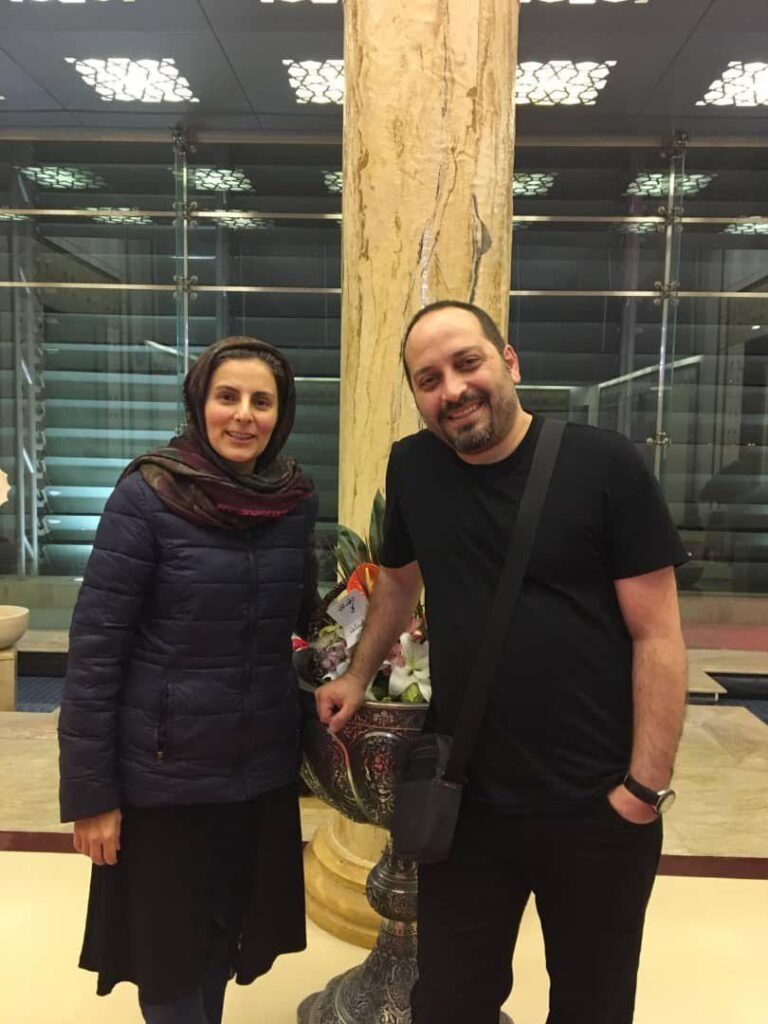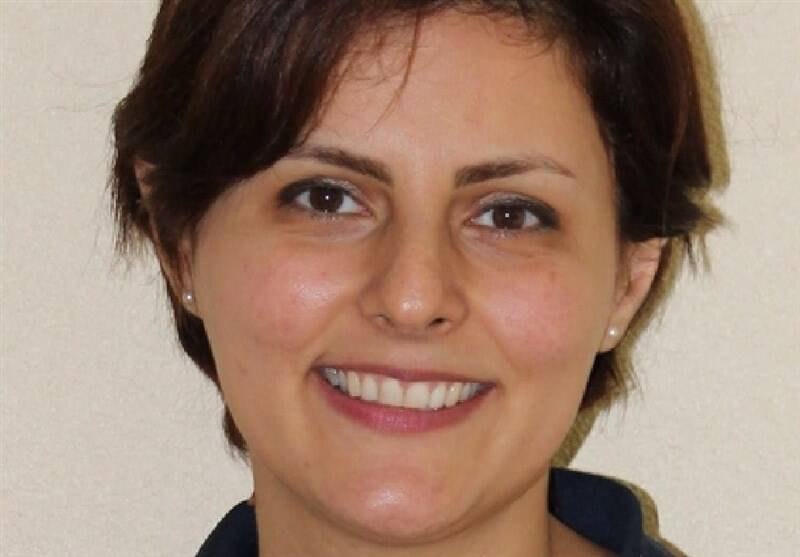Negar Ghodskani, 40, was indicted in 2015 in Minnesota and arrested in June 2017 in Australia at the US’ request on charge of violating the American sanctions against the Islamic Republic of Iran.
US prosecutors say Ghodskani had established a front company in Malaysia to illegally obtain restricted communications circuitry from companies in the US, in violation of the country’s anti-Iran bans.
At the time of her arrest, she was four months pregnant. She gave birth to her son Nickan in custody later in November 2017, but the baby was taken away from her and raised outside the prison.
After spending three years in an Australian jail, Canberra finally extradited Ghodskani to Minnesota in July 2019. US prosecutors had asked for a prison term of around three to five years, but US District Court Judge Joan Ericksen ruled on Tuesday that the 27 months she had spent in prison was enough, and she must be deported to her home country.
The Associated Press on Thursday quoted her lawyer, Robert Richman, as saying that Ghodskani had arrived in Iran by Wednesday night.
The “deportation” coincided with the visit of Iranian President Hassan Rouhani to New York, where he attended the 74th annual meeting of the United Nations General Assembly, and that raised the possibility the release of Ghodskani has been part of a prison swap deal between Iran and the US, similar to the 2016 exchange of prisoners.
However, Richman told AP that Ghodskani’s deportation was not part of any prisoner swap, and the idea of a swap was never discussed. “Negar Ghodskani is not an important person to Iran.”
Secretary of State Mike Pompeo also declined on Thursday to discuss the possibility of a US-Iranian prisoner swap after the release of Ghodskani.
Later on Friday, Iran’s Foreign Ministry Spokesman Seyyed Abbas Mousavi provided details on the release of Ghodskani, but did not clarify whether it was part of a prisoner swap with the US. He just described the US court’s ruling to release the Iranian detainee as a move to cover up what he calls the “legal scandal” of the US prosecutor who had prosecuted an innocent woman.
But these stances do not seem to be consistent with what Iranian officials had suggested over the past few months.
The issue of Ghodskani was raised by Iranian Foreign Minister Mohammad Javad Zarif during his discussion with Asia Society President and CEO Josette Sheeran in New York back in April.
“We have an Iranian lady in Australia who gave birth to a child in prison, not even on bail, inside prison, on an extradition request by the United States because she was responsible as a translator in a, whatever, in a purchase operation – purchase – of some transmission equipment for Iranian broadcasting company,” Zarif said.
“That’s her charge. She has been lingering in an Australian jail for the past three years. … nobody talks about this lady in Australia who gave birth to a child in prison whose child is growing up outside prison with mother in prison,” he added.
He said Iran had told Donald Trump’s White House team six months earlier that Tehran was open to a prisoner swap scheme but had not received a response.
President Rouhani also raised the issue of a prisoner swap with the US during his press conference in New York on Thursday, saying that Iran expected the US to reciprocate release of Lebanese-American “spy” Nizar Zakka in June, but Americans just appreciated the move.

“During Mr. Trump’s term in office, the issue of holding talks on prisoners was raised once or twice … We once released a dual Lebanese-American prisoner, but they did not fulfill their promise to make a reciprocal move and release some Iranians, and sufficed it to thank Iran. Iran is always ready for negotiation on exchange of prisoners, and now the ball is in the US court,” Rouhani said, according to a transcript of his response to NBC’s reporter published on his official website.
Now it is not clear whether the US’ release of Ghodskani is its fulfillment of a long overdue promise to reciprocate the release of Zakka, or it is a goodwill gesture to convince Iranians to release the dual nationals currently jailed in Iran.
Earlier this month, Iran’s judiciary confirmed it had detained three Australian citizens on charge of spying and taking images from sensitive areas.
One of the cases related to images taken by British-Australian woman Jolie King and her Australian boyfriend Mark Firkin from military and restricted areas, and the other case involved British-Australian academic Kylie Moore-Gilbert accused of “spying for another country”, Iran’s Judiciary spokesman Gholam-Hossein Esmaeili said.
There are also at least four US citizens, mostly dual nationals, currently jailed in Iran. Xiyue Wang, a US citizen and Princeton University graduate student; Iranian-American father and son, Siamak and Baquer Namazi; and Michael White, a Navy veteran imprisoned in 2018, are among those jailed in Iran.
